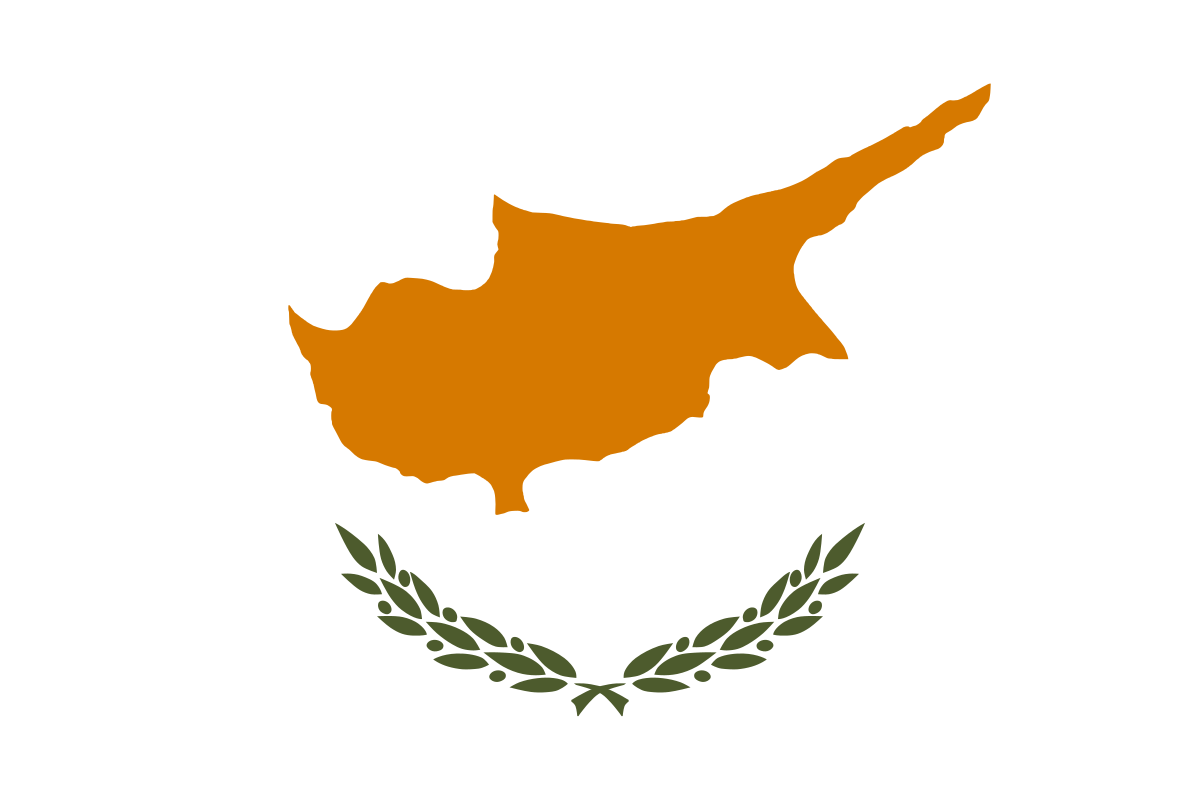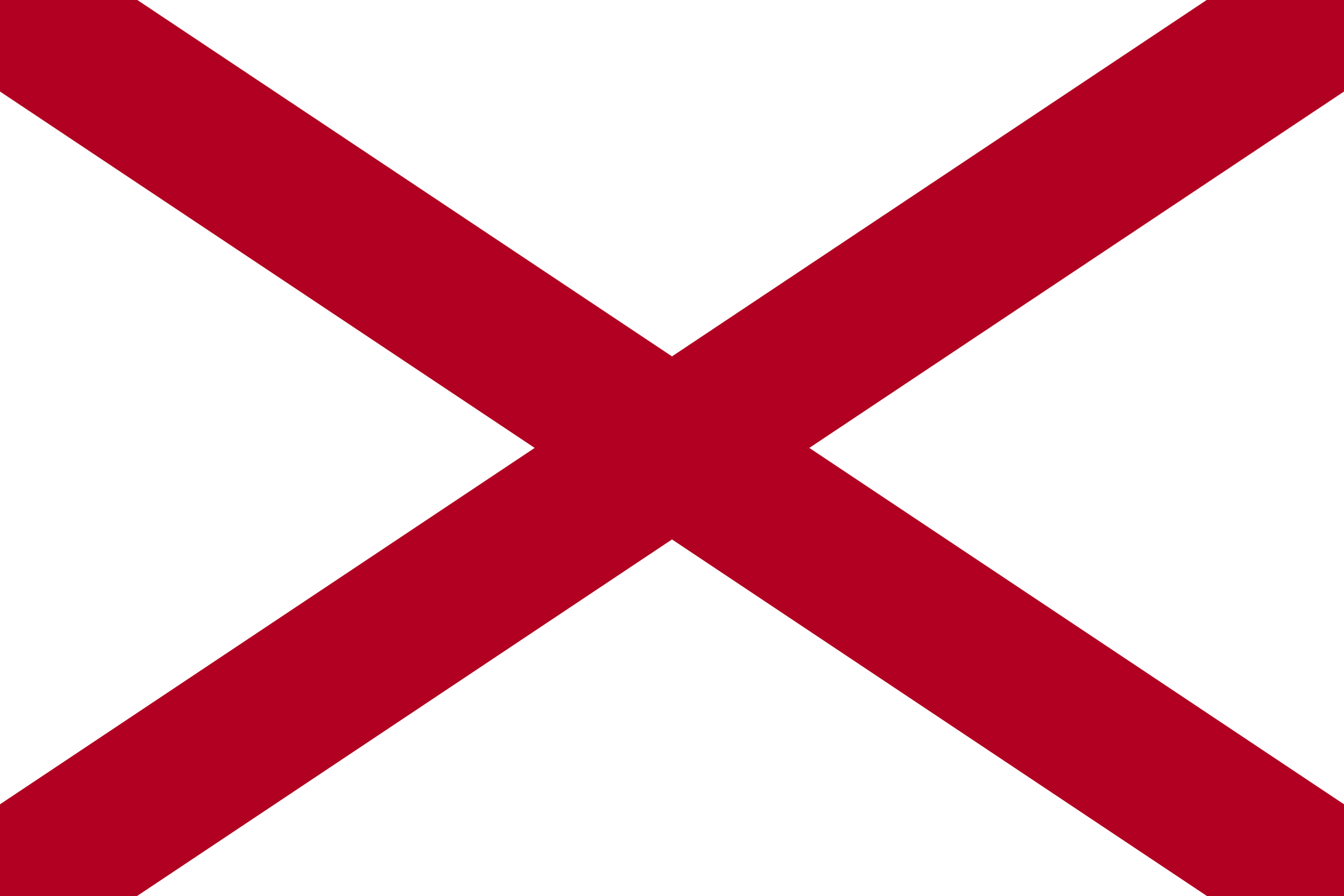Cyprus, with its legal framework based on English Common Law, offers several types of legal entities, but the most common structure by far for international business is the Private Limited Company (LTD).
Private Limited Company (LTD)
The Private Limited Company (LTD) is the most common type of company commonly used to get an online gambling license. The structure of LTD provides limited liability, meaning personal assets are protected from the company’s obligations. It requires minimum share capital and can be formed with between one and 50 shareholders.
Key requirements include at least one director, who can be of any nationality, a registered office in Cyprus, and a company secretary. Its flexible governance makes it ideal for global operations, and it offers a competitive tax rate of 12.5%, which appeals to international entrepreneurs. Plus, with an LTD, there is no requirement for shareholders’ residence.
Public Limited Liability Company (PLC)
The PLC is tailored for larger enterprises that intend to raise capital from the public. That’s why it’s required to have at least seven shareholders and at least two directors to set up a PLC. This type of company requires a minimum share capital of 25,630 EUR.
But it’s not enough to just set up a company to begin operations. A PLC must get a second certificate, the Trading Certificate, after its incorporation and issue a formal prospectus or file a statement in lieu of a prospectus.
Partnership
A partnership can take the form of a general partnership (GP) or a limited partnership (LP). The main difference between the two is liability.
A GP is a well-known type of business structure where two or more partners agree to share in the profits and losses. Its main feature is unlimited liability, meaning each partner is personally responsible for all the firm’s debts and obligations. This means that if the business fails, personal assets of all partners are at risk.
Minimum share capital is not legally required. Furthermore, the general partnership itself is not taxed, because profits are passed to partners and taxed as their personal income.
A Limited partnership (LP), in contrast, requires at least one general partner who manages the business and has unlimited liability, and at least one limited partner who contributes capital but does not participate in management.
Branch of an Overseas Company
This type of company allows foreign companies to operate in Cyprus without forming a separate legal entity, by registering only its branch in Cyprus.
The branch must follow the same rules as a Cyprus LTD, including having a registered office on the island. It functions under the identity of the parent company, and the parent company remains fully liable for its activities.
To register, a local representative must be appointed, and accounting records must be maintained. Branches are required to file annual returns and pay corporate tax on income generated in Cyprus.
Although a branch is an acceptable option, especially for established companies looking to expand their European operations, an LTD is still the most popular choice. This is because the LTD provides clear legal independence and tax advantages.
Societas Europaea (SE)
A Societas Europaea (SE) is a specific type of EU company. Its main feature is that it allows the transfer of its registered office between EU member states without the need to wind up and re-register.
Unlike the other company types, a Societas Europaea requires a minimum share capital of 120,000 EUR. This high capital requirement, along with a complex establishment process governed by EU regulations, makes an SE suitable only for major corporations with cross-border operations within the EU.
Foreign Interest Company (FIC)
A Foreign Interest Company is a specific classification of a Cyprus Limited Company. The difference between a FIC and a PLC or an LTC is that more than 50% of ultimate beneficial owners (UBOs) must be foreign, and it must meet minimum foreign investment requirements of at least 200,000 EUR.
This classification allows the company to employ third-country nationals (non-EU/EEA) and grants those employees and their families the right to residency and employment permits in Cyprus. On the other hand, the investment requirement makes it unacceptable for startups and middle-size companies.

























.png)



















